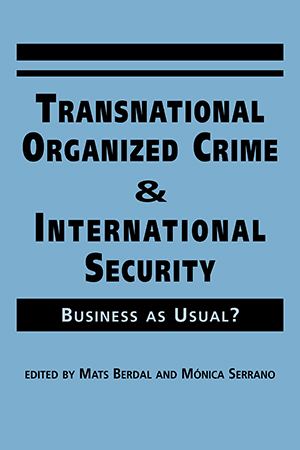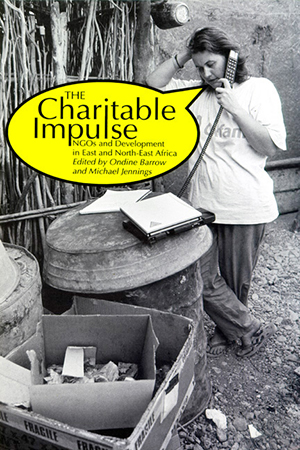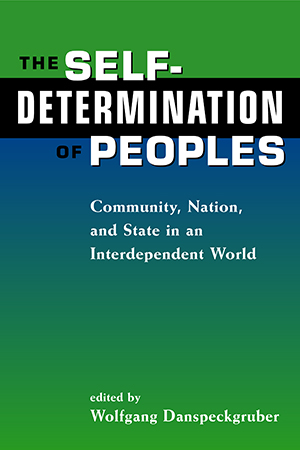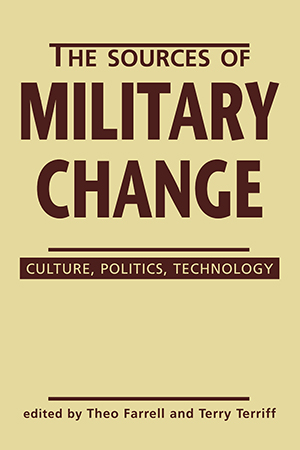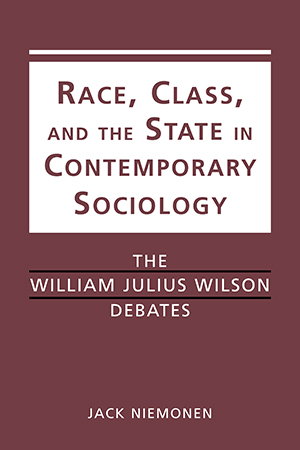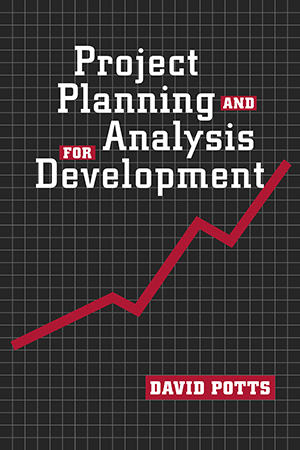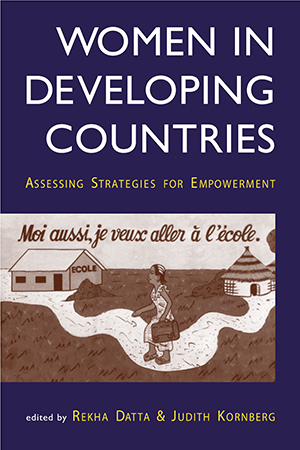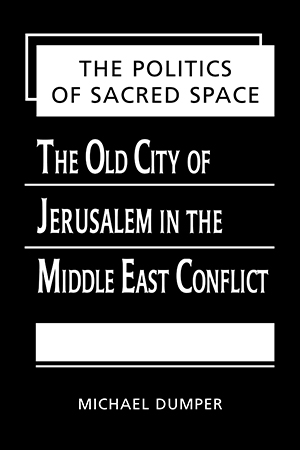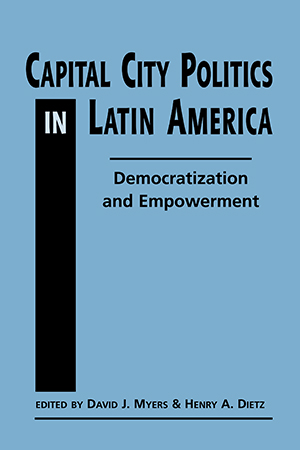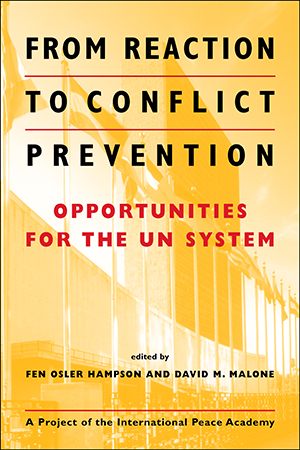BOOKS
Though the provision of illicit goods and services is far from being a new phenomenon, today's global economic environment has allowed transnational organized crime an unprecedented More >
Enriching our understanding of the "NGO industry," the authors inform the debate on the relief-to-development continuum and provide historical context for the key issues facing More >
With contentious issues of sovereignty and self-determination a focus of current world affairs, this comprehensive analysis is especially timely. The authors explore the conceptual, More >
In varying circumstances, military organizations around the world are undergoing major restructuring. This book explores why, and how, militaries change. The authors focus on a complex of More >
A comprehensive guide to the current race-class debate in sociology, Race,Class, and the State traces the evolution of the controversy and analyzes current trends in the field. Focusing on More >
In this comprehensive, practical guide to project planning and appraisal in developing countries, David Potts focuses on economic and financial analysis, but also gives serious weight to More >
For decades, researchers and policymakers have examined the impact of development programs on women—and evidence of sustained gender discrimination has inspired local, national, and More >
Sacred to three traditions, the Old City of Jerusalem is the Gordian knot at the center of the Middle East conflict. This book explores how religious and political interests compete for More >
As Latin America's new democratic regimes have decentralized, the region's capital cities—and their elected mayors—have gained increasing importance. Capital City More >
Though the prevention of conflict is the first promise in the Charter of the United Nations, it is a promise constantly betrayed by international organizations, governments, and local actors More >



